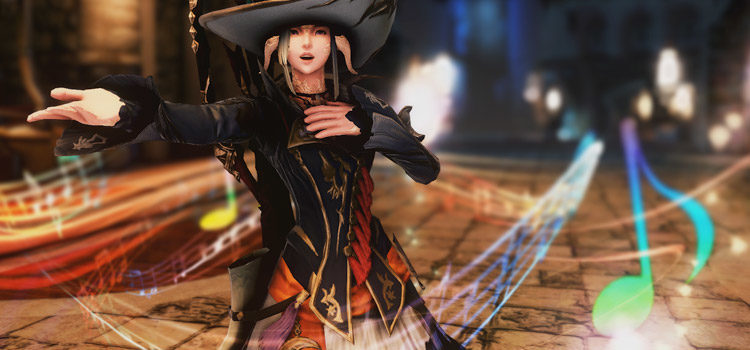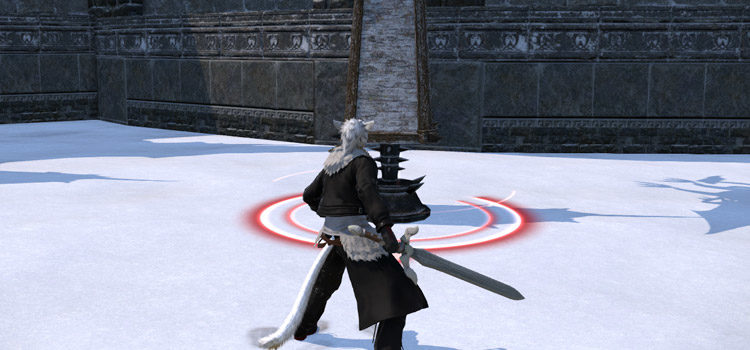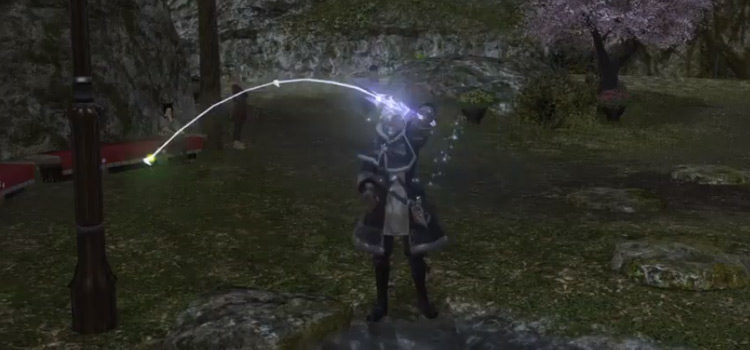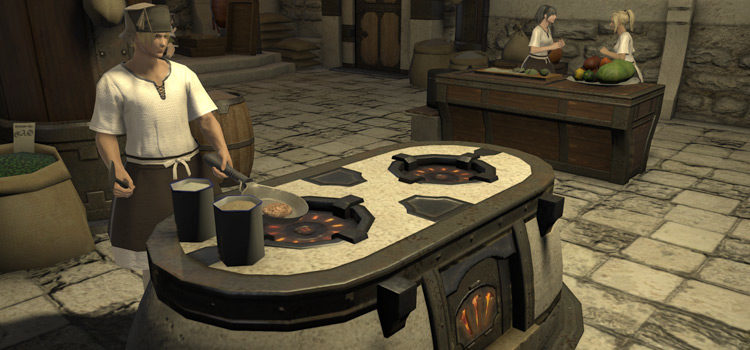What Does Observe Do in Final Fantasy XIV?
This post may contain affiliate links. If you buy something we may get a small commission at no extra cost to you. (Learn more).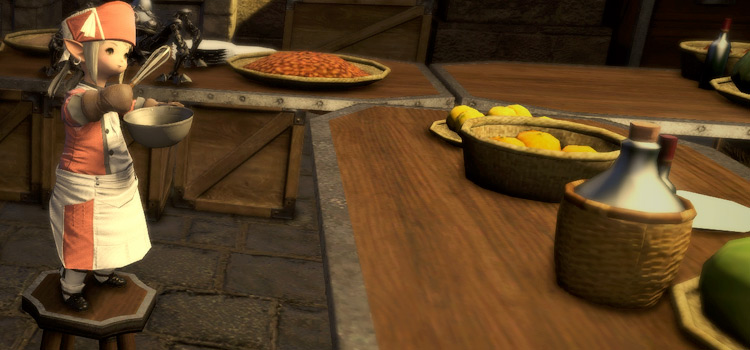
Observe is an action available to Disciples of the Hand (crafting jobs) at level thirteen. What does it do? Nothing. Absolutely nothing.
Well, that’s a bit of a simplistic way to put it. It’s a skill that allows the user to do nothing for a step of the crafting process.
Crafting in XIV is infinitely more involved than other games.
World of Warcraft, for example, just has you gather recipes and ingredients. If you’re the right level to make it, bam – you’ve made an item. Nothing else to worry about.
But crafters in Final Fantasy XIV have their own independent skill sets, gear requirements, and different intertwining systems to think about.
Crafting items is basically a minigame that requires using skills in an effective rotation to maximize their quality.
As a brief aside before we get into the point of Observe and whether or not you should be using it, crafting is extremely useful in XIV – even if you don’t want to do it “full-time”.
There’s a really comprehensive guide to getting started here.
You’ll only be able to meld Materia to your gear with a crafting class at level 19, for example – and that’s a pretty big feature to miss out on.
When Should I Use Observe?
Observe is a skill you’ll gain early on in your crafting career.
And to understand its potential uses, we need to quickly run through how item quality is affected by your rotation.
You’ll create items through Synthesis.
Eventually you can automate this process, but actually playing the mini-game is usually the best way to guarantee high quality results.
High quality items sell for more on the Market Board, so if you’re looking to profit from your crafting time, you’ll want to pay attention to this process.
Crafting will basically have you juggling the item’s durability with your progress towards completing the synthesis.
Performing actions will increase progress but decrease durability, determining how many more actions you can take in total.
Run out of durability and synthesis will fail, leaving you with wasted time and components.
You can restore durability, but that costs you CP (essentially crafting mana points) which could be used to further increase the item’s quality.
As you perform Synthesis actions, the quality of your items may shift between four states:
Poor, Normal, Good, and Excellent.
These states affect the item’s quality, and will increase (or decrease) your chances at completing a High Quality item.
Observe is generally used when you’re in the Normal state and want a chance at shifting into Good or Excellent without decreasing the item’s durability.
When an item’s state is Good or Excellent, you’re able to use a skill to regain CP, so it becomes a game of balance and risk.
In these higher states, quality-increasing actions will have a much greater effect. So you have to decide whether you want to play it safe by regaining CP, or going for the higher quality increase.
If you manage to get an item into Excellent, the Poor state will always follow it with your next item.
This decreases the efficacy of your quality-increasing actions and will reduce your chances at getting a high quality synthesis.
You can use Observe here to skip the Poor state and move into a more beneficial position.
Is Observe Worth Using?
Initially, yes.
As we’ve already covered, there are a couple of situations where using Observe can really help the crafting process along.
However, as you become more experienced and pick up (or make!) some better crafting gear, you’ll have access to a few skills that are arguably better alternatives if you’re looking to skip a step.
Hasty Touch, for example, has zero CP cost and offers a chance at a slight quality decrease.
Hasty Touch does decrease durability where Observe would not, but it really depends on where you’re at in the synthesis process.
Once you’ve leveled up a few crafting classes, you’ll have a bunch of cross-class skills to use as an alternative to Observe.
So it’ll remain useful in rare situations where you’re taking risks for higher quality.
But if you’re simply looking to skip to the next state, you’ll find better alternatives along the way.
